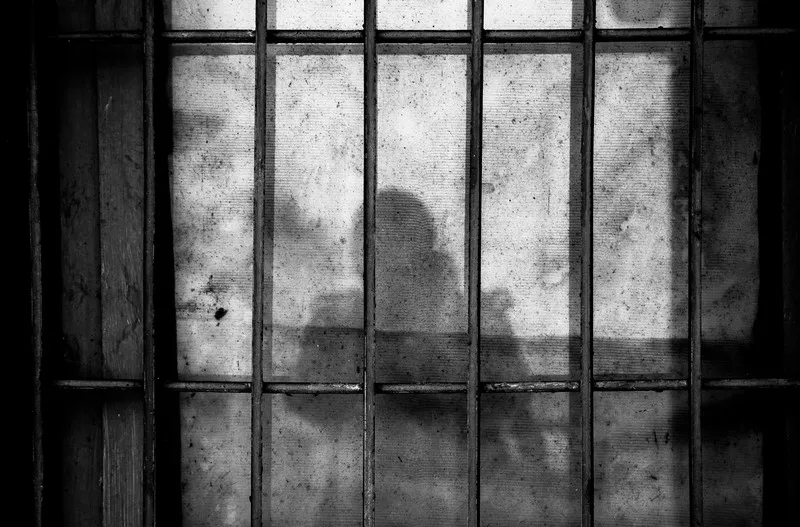Introduction
Decarceration is a concept that has gained significant attention in the field of sociology. It refers to the process of reducing the number of individuals who are incarcerated in prisons and jails. This approach aims to address the issues of over-incarceration, recidivism, and the negative consequences of imprisonment on individuals and communities. In this blog post, we will outline and explain the concept of decarceration, its goals, and its implications for society.
The Goals of Decarceration
Decarceration is driven by several key goals that seek to address the flaws and challenges associated with mass incarceration. These goals include:
1. Reducing Over-Incarceration: One of the primary objectives of decarceration is to reduce the number of individuals who are incarcerated in prisons and jails. This is often seen as a response to the significant increase in incarceration rates over the past few decades, which has led to overcrowding and strained resources within correctional facilities.
2. Promoting Rehabilitation: Decarceration emphasizes the importance of rehabilitation and reintegration into society. Instead of focusing solely on punishment, this approach recognizes the need to provide individuals with the necessary support and resources to address the root causes of their criminal behavior and facilitate their successful reentry into the community.
3. Addressing Racial and Socioeconomic Disparities: Another crucial goal of decarceration is to address the racial and socioeconomic disparities that exist within the criminal justice system. Studies have consistently shown that certain marginalized communities are disproportionately impacted by mass incarceration. Decarceration seeks to challenge these disparities and promote a more equitable and just system.
Implications of Decarceration
While decarceration is a concept that holds great promise, it also raises important questions and concerns. Here are some key implications of decarceration:
1. Public Safety: Critics of decarceration argue that reducing the number of individuals in prisons and jails may compromise public safety. They argue that some individuals who are released may reoffend, posing a risk to society. Proponents of decarceration, on the other hand, argue that a focus on rehabilitation and addressing the root causes of criminal behavior can actually enhance public safety in the long run.
2. Reallocating Resources: Decarceration requires a significant reallocation of resources from the criminal justice system to other areas such as education, healthcare, and social services. This reallocation can be a challenging process, as it requires careful planning and coordination to ensure that the needs of both incarcerated individuals and the broader community are met.
3. Community Engagement: Decarceration emphasizes the importance of community engagement and involvement in the criminal justice system. This approach recognizes that communities are directly impacted by incarceration and should have a say in shaping policies and practices. By involving communities in decision-making processes, decarceration aims to foster a sense of ownership and accountability.
The Role of Sociologists in Decarceration
Sociologists play a crucial role in understanding and advocating for decarceration. They conduct research to examine the causes and consequences of mass incarceration, analyze the impact of different policies and practices, and propose alternative approaches to addressing crime and punishment.
Sociologists also contribute to the public discourse on decarceration by sharing their findings and insights with policymakers, community organizations, and the general public. By highlighting the social, economic, and racial implications of mass incarceration, sociologists can help shape public opinion and promote evidence-based policies that prioritize decarceration.
In conclusion, decarceration is a concept that seeks to address the issues of over-incarceration, recidivism, and racial disparities within the criminal justice system. By reducing the number of individuals in prisons and jails, promoting rehabilitation, and addressing systemic inequalities, decarceration aims to create a more just and equitable society. However, it is important to carefully consider the implications and challenges associated with decarceration to ensure that public safety and community well-being are not compromised. Sociologists have a vital role to play in advancing the understanding and implementation of decarceration through their research and advocacy efforts.





